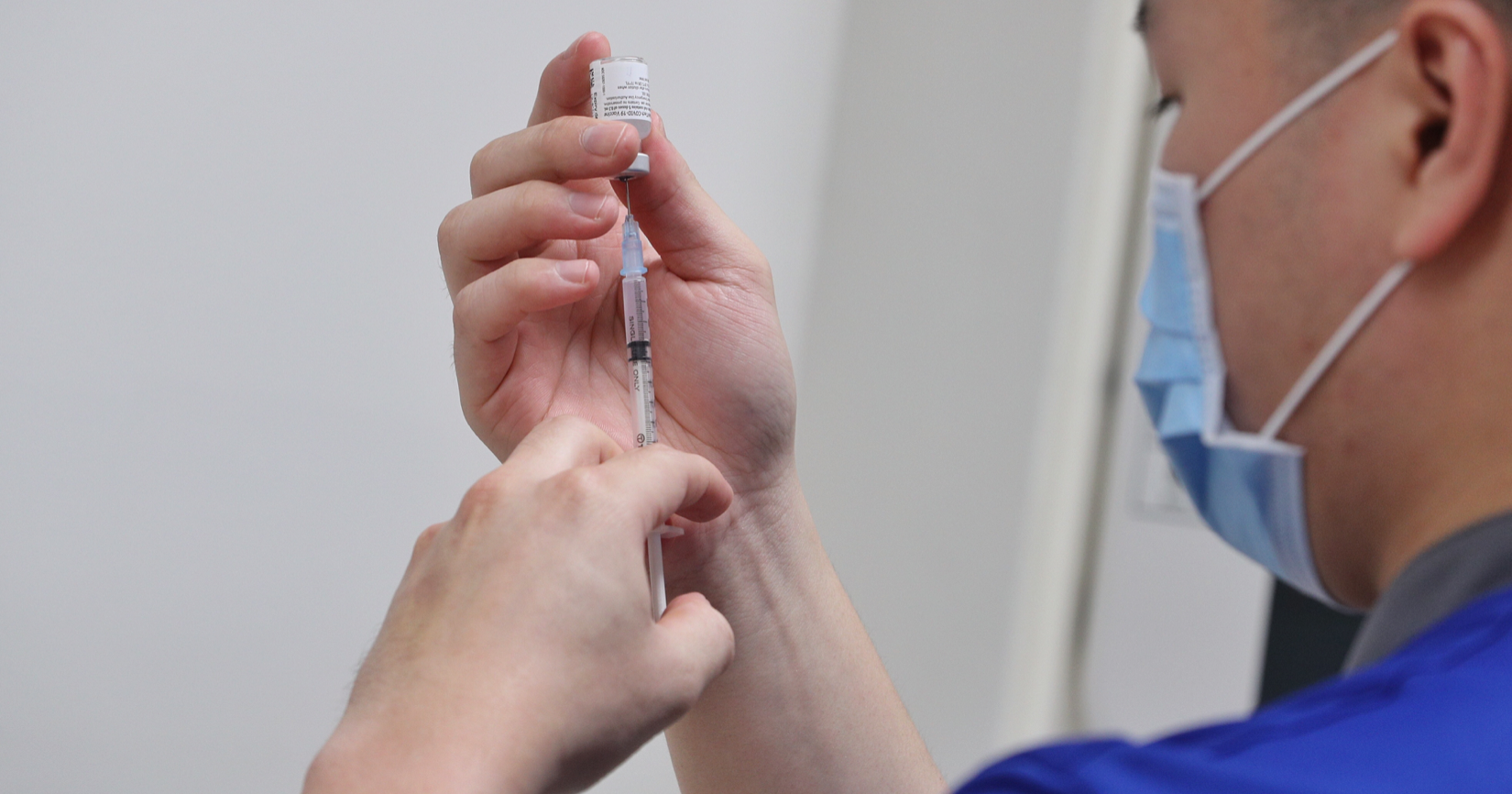Speaking in Parliament on Jan. 4, Health Minister Gan Kim Yong encouraged Singaporeans to take up the Covid-19 vaccine, stressing its importance in fighting the Covid-19 pandemic.
Calling it a "critical shield" and a key factor for a return to normality, Gan elaborated on the following recommendations for the rollout of vaccines from the Expert Committee on Covid-19 vaccination:
- The Pfizer-BioNTech vaccine meets the safety and efficacy requirements of the World Health Organisation and other international regulatory authorities, as well as Singapore's own Health Sciences Authority (HSA).
- Everyone who is medically eligible should be vaccinated so that Singapore can achieve as high a level of vaccination coverage as possible.
- Vaccinations should be voluntary.
The committee comprises professionals in infectious diseases, immunology and other relevant fields, and has reviewed available data on the vaccines, including reports from HSA.
The government has decided to accept all of the above recommendations for the vaccine rollout.
Free vaccines
But while vaccination is voluntary, Gan said that the government "strongly encourages" everyone who is medically eligible to get vaccinated when the opportunity arrives.
This is not only to protect yourself, but also to protect others who cannot get vaccinated for medical reasons.
To ensure access to the vaccine, Gan announced that it will be free for the following, around 5.7 million people:
- Singapore Citizens.
- Permanent Residents.
- Employment Pass, S-Pass, and Work Permit holders.
- Foreign Domestic Workers.
- Dependent, Long-Term Visit and Student Pass holders.
This does not include Short-Term Visit Pass holders, such as tourists.
Voluntary, but strongly encouraged
The collective protection increases if more people are vaccinated. Added Gan:
"In case of a fresh outbreak, with more people vaccinated we can keep the number of cases low, minimise the stress on our healthcare system, ensure that those who are ill get the treatment they need, and allow us to return to normalcy sooner."
He cautioned against complacency to get vaccinated, as some people might look at the low number of community transmissions and conclude there is no urgency.
Gan said the few community cases suggest that there are "hidden cases" among the population, and recent new variants of the Covid-19 virus that are more infectious have emerged. Gan said:
"The best time to vaccinate is now. If people wait till an outbreak has happened to get themselves vaccinated, it will be too late, both to protect themselves and to prevent the outbreak in the first place."
Currently, about 60 per cent of government outreach respondents said they would get vaccinated, with a third more cautious and preferring to wait for more data.
Gan said the government would continue its public education and outreach efforts, and urged the public not to spread misinformation about the vaccine.
Third quarter of 2021 for targeted amount of vaccines to arrive
Gan explained that due to "commercial sensitivities" and "confidentiality undertakings" in the advance purchase agreements with the manufacturers, he couldn't disclose the exact number of vaccines acquired.
However, he said that there is enough for all Singaporeans and long-term residents of Singapore.
Gan said that given the global demand for vaccines, the total number will be obtained by the third quarter of 2021.
He also said that the government expects more deliveries in the coming months, including those manufactured by Moderna and SinoVac.
Every vaccinated person will receive a physical vaccination card to remind them of their appointment to return for
their second dose, indicate clearly which vaccine was administered, and provide brief post-vaccination advice.
Also, every vaccinated person will have their record updated in the National Immunisation Registry, and individuals will be able to digitally check their vaccination status.
Choosing which vaccine to receive will unnecessarily complicate vaccination programme
Gan also stated that people will not be able to choose which kind of vaccine they will receive, as this would "unnecessarily complicate" the "already-complex vaccination programme."
However, all approved vaccines will have to meet stringent safety and efficacy requirements.
Currently, only one vaccine (Pfizer) has been approved so far, with Moderna and SinoVac still under review. Gan added:
"The allocation of vaccines will largely be based on medical indications of the different vaccines and the suitability of the vaccine for the different population subgroups, as well as availability of the vaccines."
Follow us on LinkedIn for more stories
Related story:
Top image from MCI.
If you like what you read, follow us on Facebook, Instagram, Twitter and Telegram to get the latest updates.
